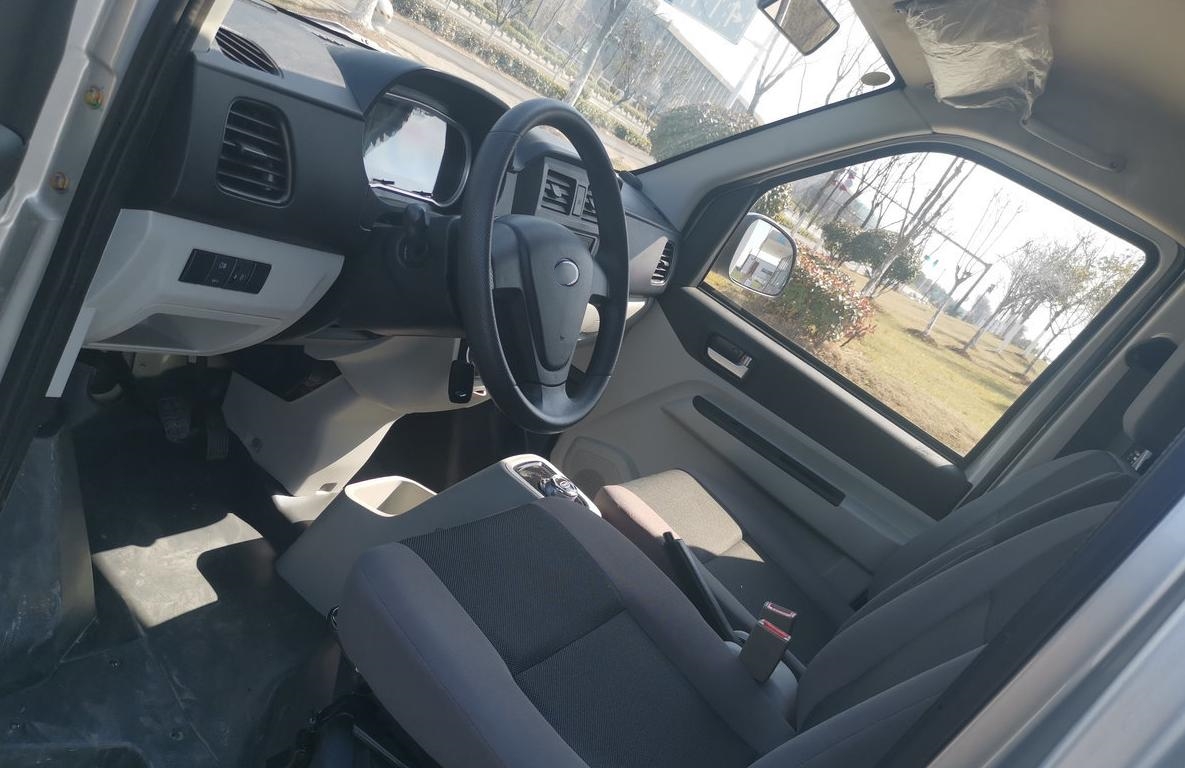Habari za Lori la Umeme
Do you know these tips to make electric vehicles have a long-lasting range?
Iliyotumwa kwenye kwa Malori ya umeme
In today’s era of growing environmental awareness and technological advancements, gari la umemes have emerged as a popular and sustainable transportation option. While the current electric logistics vehicles boast a relatively long cruising range and can generally meet the needs of urban distribution logistics transportation, there are several tips and tricks that drivers can employ to further extend the range of their gari la umemes. By mastering these power-saving techniques, drivers can not only bring greater convenience to their work but also save costs and improve operational efficiency. Let’s take a closer look at the following valuable tips.
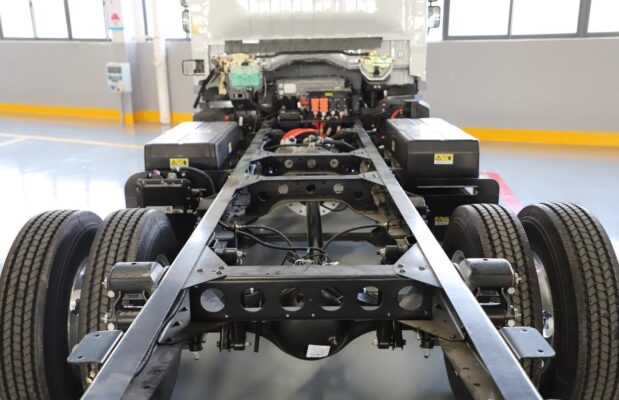
- Drive at a constant speed
Driving at a constant speed is one of the most effective ways to maximize the range of an gari la umeme. When an gari la umeme is driven at a constant speed of 60 kilometers per hour, it typically achieves the longest driving time and distance. This is because at a steady speed, the vehicle’s energy consumption is more optimized compared to constantly accelerating and decelerating.
After the vehicle starts and accelerates to a certain speed, the driver can appropriately loosen the accelerator pedal. This action allows the vehicle to maintain its current speed without consuming excessive electricity. The acceleration of a pure gari la umeme requires a continuous output of electricity. The faster the vehicle runs, the greater the electrical output required. Since the total amount of electricity available in the battery is limited, running at high speeds consumes power more rapidly than driving at a slower pace.
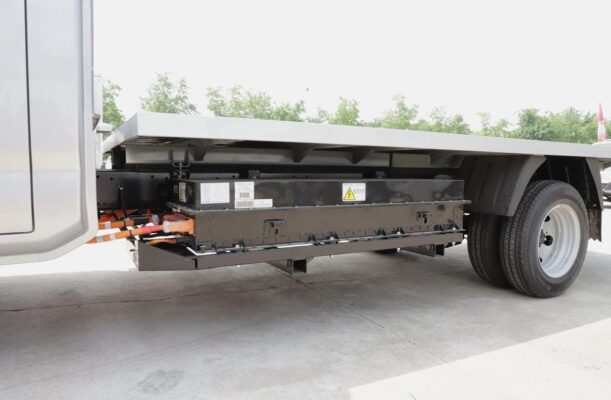
For example, imagine driving on a long stretch of highway. If the driver maintains a constant speed of 60 km/h, the vehicle will consume electricity at a relatively stable rate. This not only extends the driving range but also provides a more comfortable driving experience. On the other hand, if the driver frequently accelerates and decelerates, the battery will be drained more quickly, reducing the overall range of the vehicle.
Finding the optimal speed for energy efficiency can vary depending on factors such as the vehicle’s model, hali ya barabara, and weather. Hata hivyo, in general, driving at a moderate and consistent speed is a good rule of thumb. It’s important to note that while driving at a constant speed is beneficial for range, it should also be balanced with safe driving practices and adherence to traffic laws.
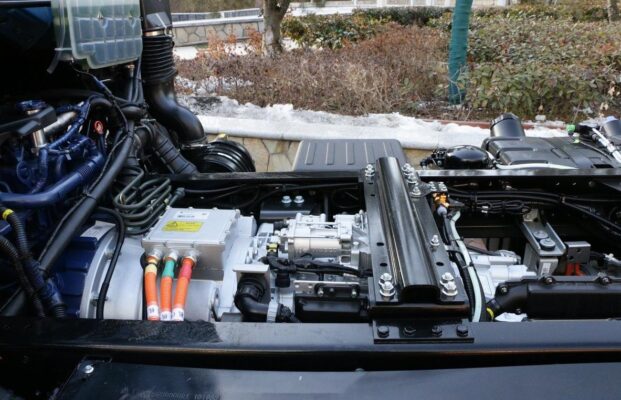
- Step on the brake skillfully
Experienced drivers understand the importance of braking technique when it comes to maximizing the range of an gari la umeme. Frequent and hard braking can significantly increase electricity consumption, as braking essentially converts the vehicle’s kinetic energy into heat energy through the frictional work between the car tires and the road surface and between the brake shoes and the brake drum. This kinetic energy is obtained by the motor, so excessive braking means wasted energy.
To minimize electricity consumption, drivers should try to anticipate various road conditions in advance and use braking as little as possible. Instead of relying on sudden and hard braking, they should step on the brake appropriately when necessary according to the needs of the road and traffic conditions. For example, if the driver sees a traffic light turning red from a distance, they can release the accelerator pedal in advance and let the vehicle coast to a stop gradually. This not only saves electricity but also reduces wear and tear on the braking system.
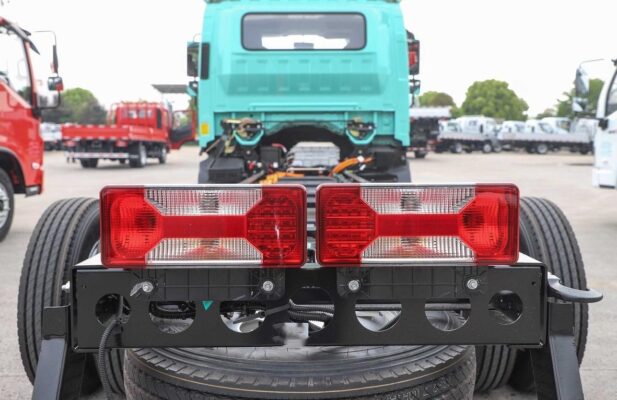
Adopting predictive braking is a key strategy. When it is expected that deceleration or parking is necessary, the driver should release the accelerator in advance to decelerate by coasting. This allows the vehicle to slow down naturally without the need for heavy braking. Once the situation is handled, the driver can accelerate again smoothly. This approach is not only safe but also power-saving.
For instance, in stop-and-go city traffic, predictive braking can make a significant difference in energy consumption. By anticipating traffic flow and braking gently and early, the driver can avoid sudden stops and starts, which are particularly energy-intensive. This not only extends the range of the gari la umeme but also makes for a more comfortable driving experience.
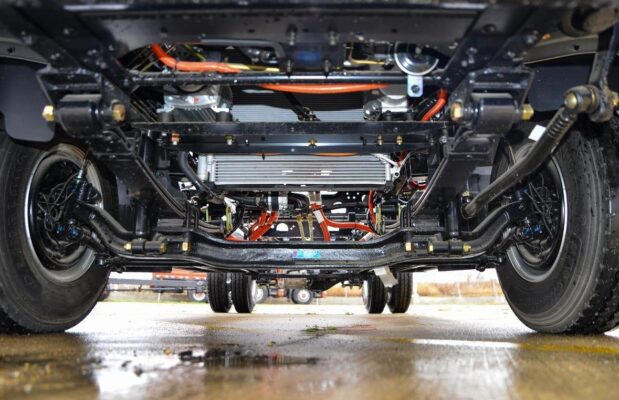
- Maintain a certain tire pressure
Maintaining the correct tire pressure is crucial for optimizing the range of an gari la umeme. A large number of experiments have shown that when the tires of an gari la umeme are maintained at a relatively high air pressure, several benefits can be achieved. Firstly, it will not only reduce the degree of bumps during driving but also help remove the inconvenience caused by objects such as stones. A smoother ride means less energy is wasted in overcoming road irregularities.
Secondly, maintaining proper tire pressure reduces the friction coefficient between the tires and the road surface. This lower friction results in less resistance as the vehicle moves, thereby increasing the driving range. If the tire pressure is too low, the tires will deform more under the weight of the vehicle, increasing the contact area with the road and consequently increasing friction. This leads to higher energy consumption and a shorter driving range.
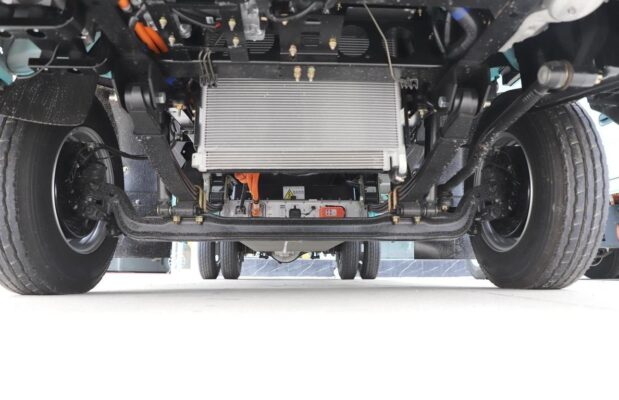
For example, imagine a vehicle with underinflated tires. The tires will squish more as the vehicle moves, creating more resistance and requiring more power from the motor to maintain speed. On the other hand, if the tires are properly inflated, they roll more easily, reducing the effort required from the motor and conserving electricity.
Drivers should regularly check their tire pressure and ensure it is within the recommended range specified by the vehicle manufacturer. This simple step can have a significant impact on the vehicle’s range and overall performance.
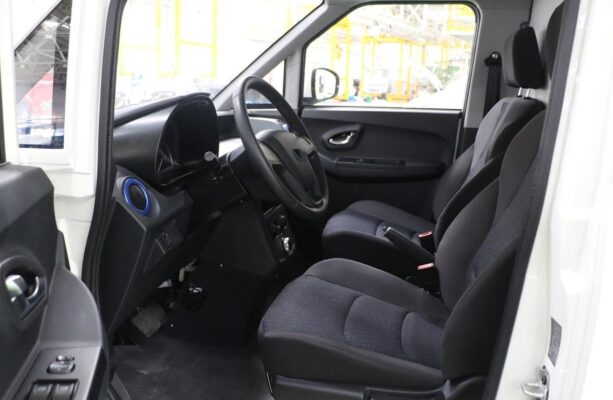
- Regular charging and maintenance
For gari la umemes, regular charging and maintenance are essential to ensure that their batteries remain in good condition and do not have power loss and discharge problems. By following a proper charging and maintenance routine, drivers can reduce battery damage caused by power loss and extend the lifespan of their batteries.
When charging an gari la umeme, it’s important to note that the charging time is generally 8 to 10 hours. Overcharging or undercharging can both have negative effects on the battery’s performance and lifespan. Zaidi ya hayo, if the battery is not used for a long time, it will slowly discharge by itself. To prevent this from leading to battery damage, it is recommended to charge and maintain the battery once every half month when not in use for an extended period.
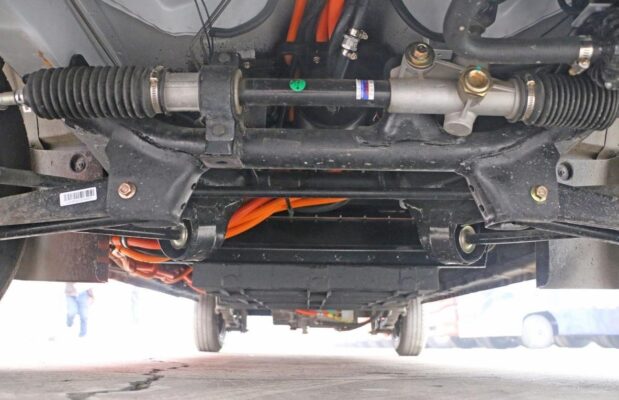
For example, if a driver knows that they will not be using their gari la umeme for a few weeks, they should make sure to give the battery a full charge before storing the vehicle. Then, after a couple of weeks, they should plug in the vehicle and give it a top-up charge to keep the battery in good condition. This regular maintenance helps prevent the battery from losing its charge capacity and ensures that it is ready to go when needed.
Kwa kumalizia, by following these tips for driving at a constant speed, braking skillfully, maintaining proper tire pressure, and conducting regular charging and maintenance, gari la umeme drivers can significantly extend the range of their vehicles. These techniques not only benefit individual drivers by saving costs and increasing convenience but also contribute to the overall adoption and sustainability of gari la umemes. As the gari la umeme market continues to grow and evolve, these power-saving strategies will become increasingly important for ensuring a smooth and efficient driving experience.
